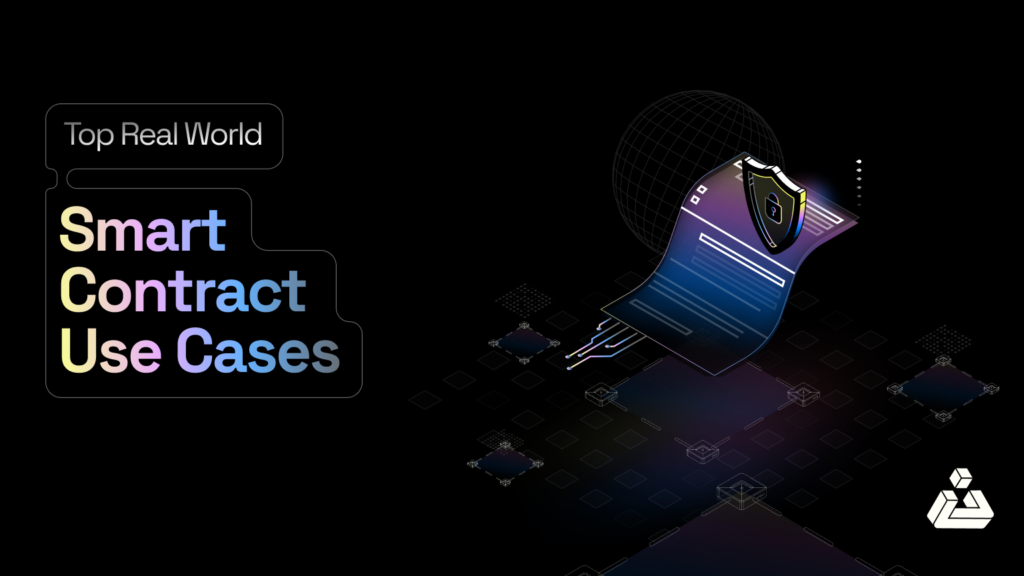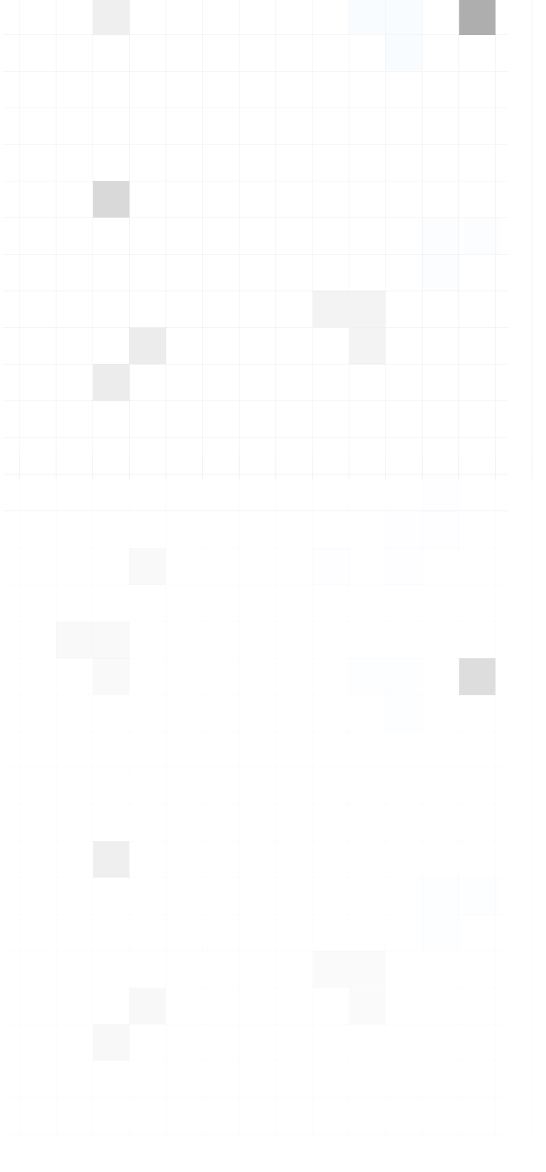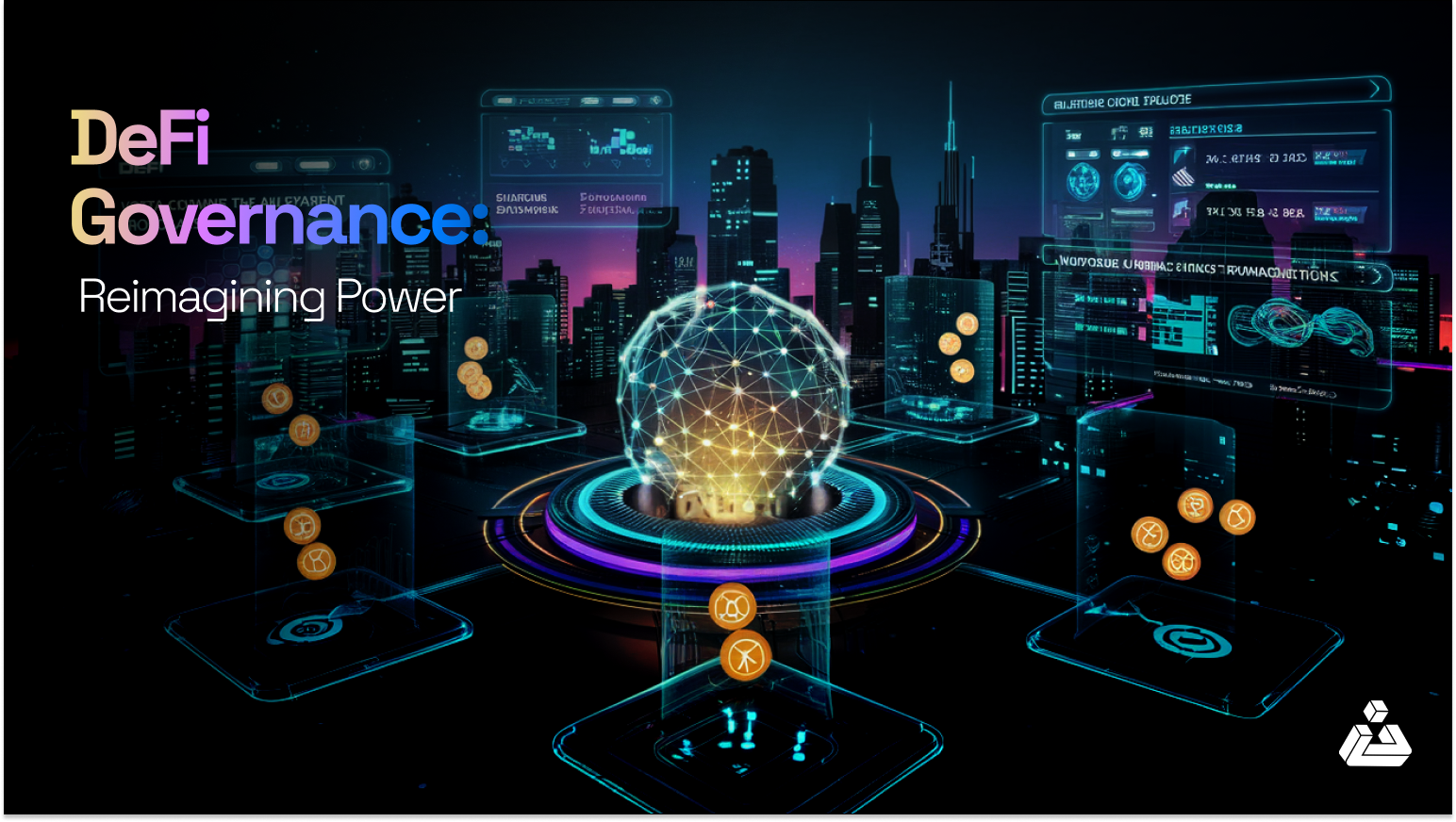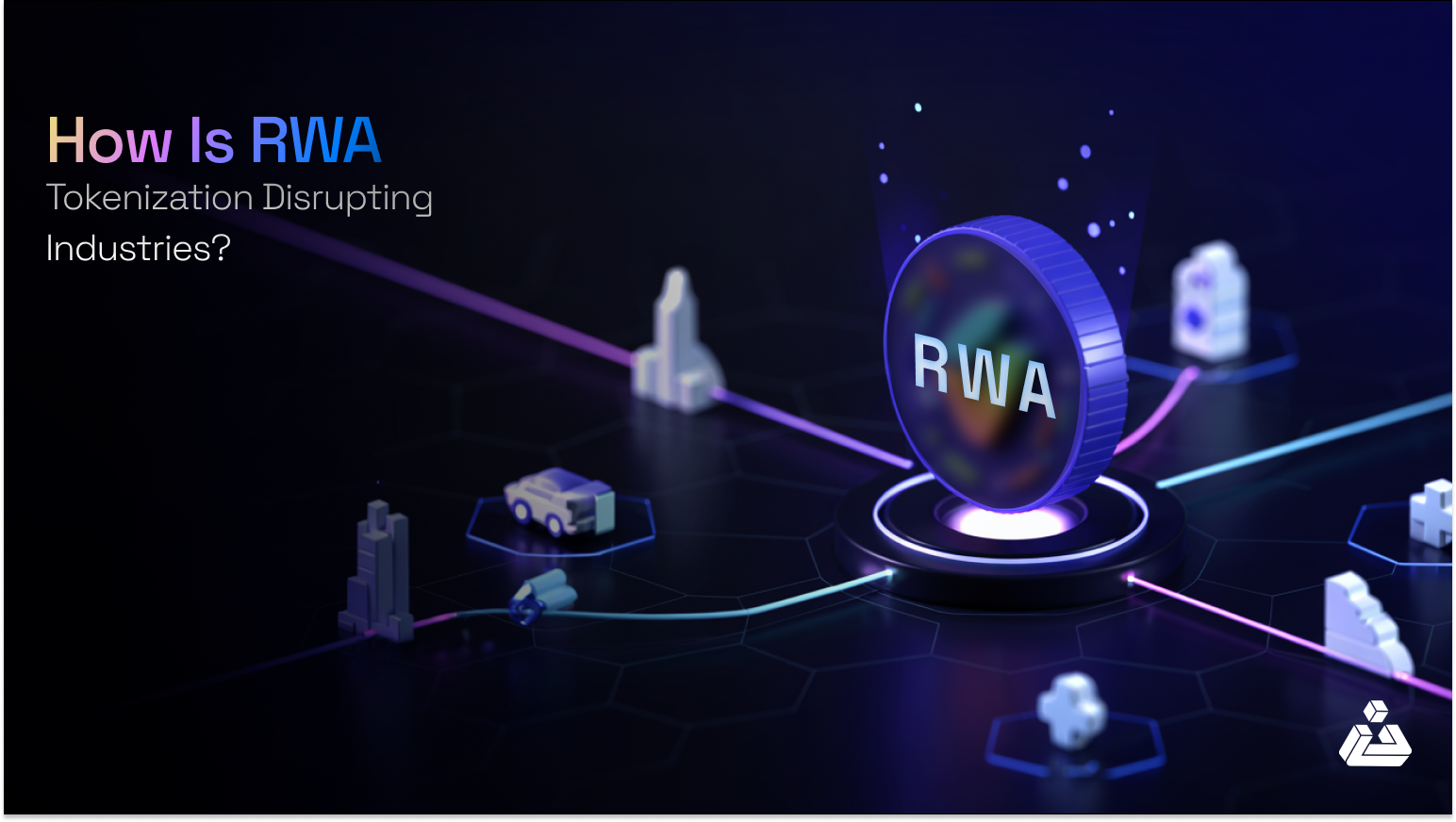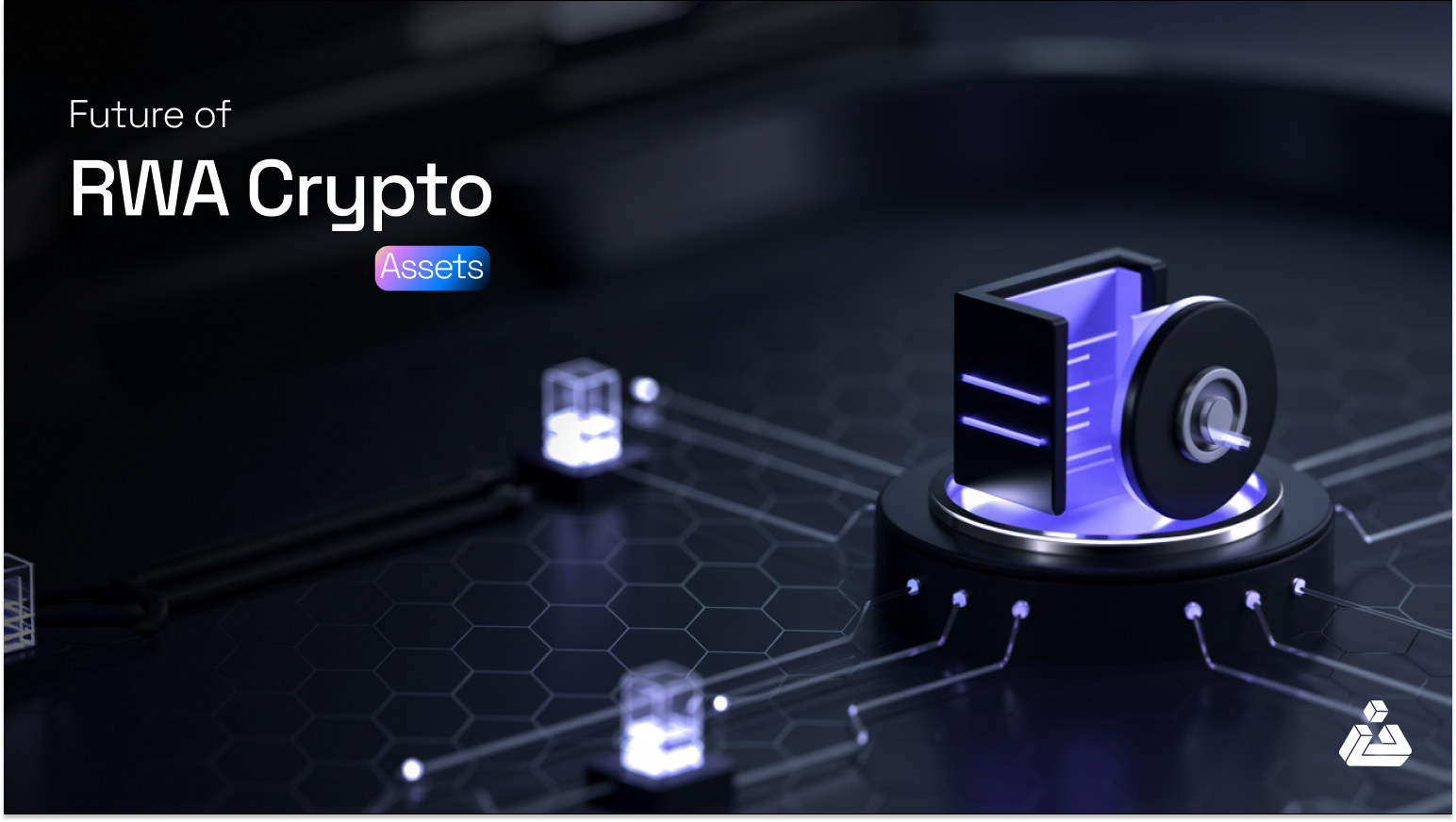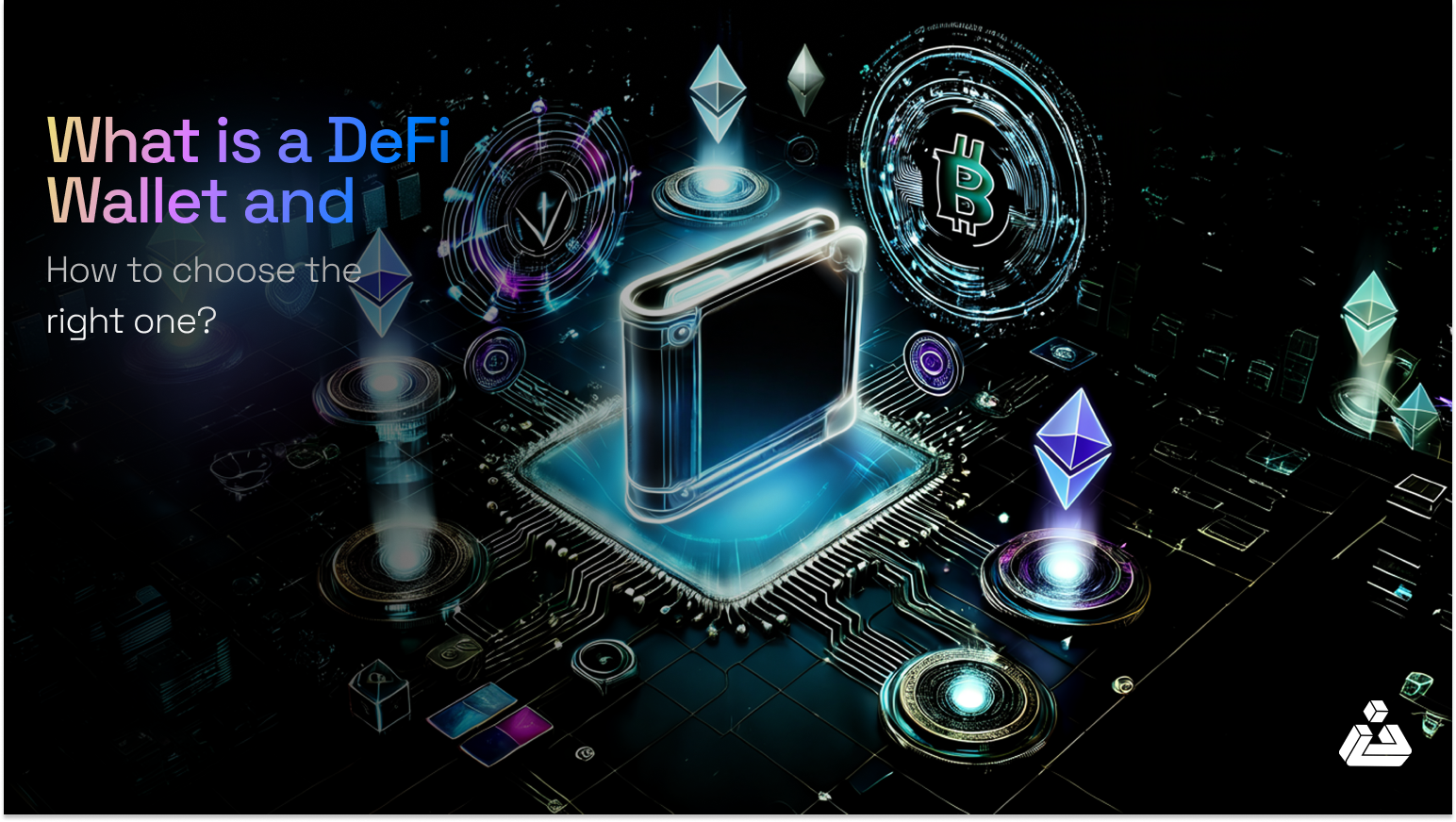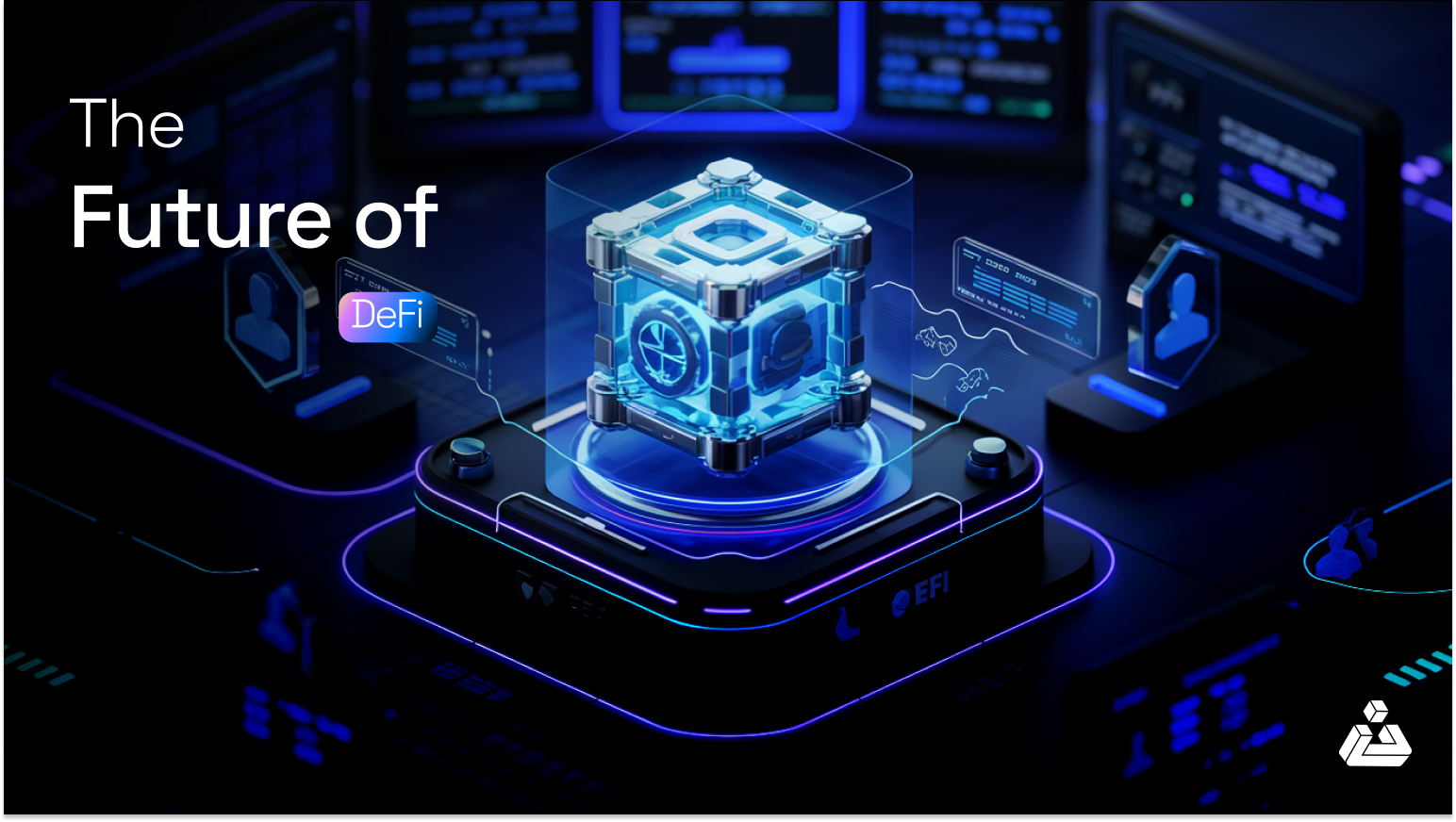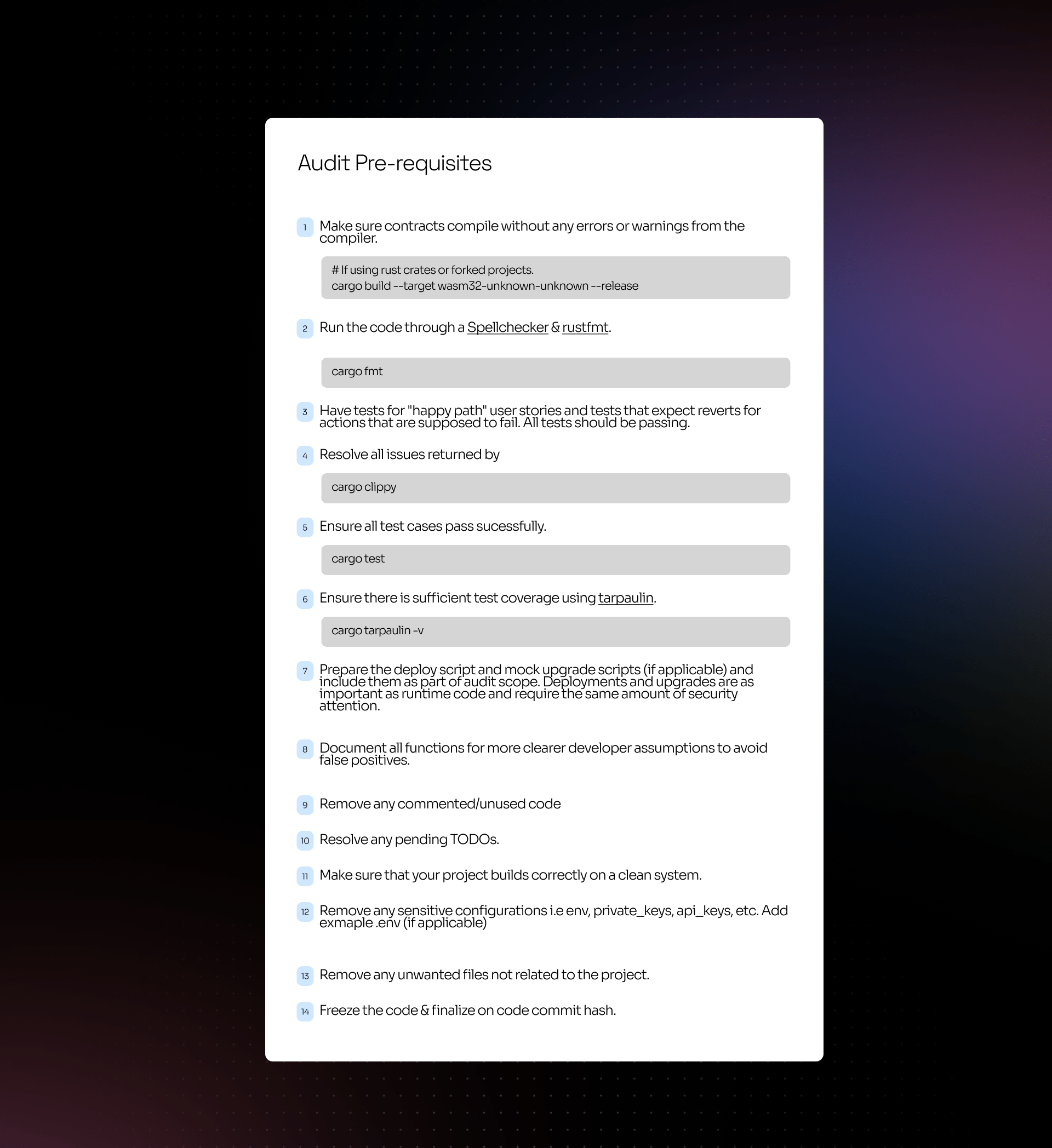Smart contracts are transforming the digital world. Their use cases range from simple digital handshakes to borrowing millions of dollars in flash loans with no collateral, illustrating the scope of what was once beyond our imagination. The futuristic approach to smart contracts is rooted in their nature as self-executing pieces of code that fulfill the terms of a contract when certain conditions are met.
While the idea of running these applications without a central authority may seem complex, real-world smart contract use cases are truly fascinating. The global smart contracts market size is projected to grow from $2.14 billion in 2024 to $12.55 billion by 2032, hinting at how they can shape our future.
Let’s explore the top real-world applications of smart contracts. We will delve into why they are becoming increasingly popular, and how people are utilizing these innovative applications in everyday life!
1- Real Estate
Smart contracts are revolutionizing the real estate industry by streamlining transactions and ensuring transparency. These digital contracts automate crucial processes such as rent collection, maintenance management, and property transfers, effectively eliminating the need for extensive paperwork. Blockchain enables an immutable ledger that clearly records property ownership, preventing title disputes.
Smart contracts make the buying and selling of properties swift and safe by automatically carrying out transactions when predetermined criteria are satisfied like receiving payment. These agreements preserve lease terms and automate rent collection for both landlords and tenants guaranteeing that everyone abides by the conditions.

Meet Johnson who was wary of renting apartments due to past experiences with disputed payments and the cumbersome process of lease agreements. Johnson came upon Propy, a platform that uses smart contracts for payments and rental agreements. Now that the landlord receives his rent automatically from his bank the rental process is simplified, eliminating disputes.
Also Read: How Smart Contacts are Disrupting Real Estate Sector?
2- Health Care
In the healthcare industry smart contracts handle insurance claims, maintain patient data security, and guarantee adherence to health data laws. By automating tasks that usually require manual oversight they simplify operations such as the medical billing process, reducing errors and preventing fraud.
Furthermore, the integrity of the pharmaceutical supply chain is greatly enhanced by smart contracts. Medication authenticity is ensured and the risk of counterfeit drugs is reduced by tracking prescriptions from manufacturer to patient. Surprisingly clinical trial administration can also be transformed by smart contracts. They are able to guarantee the integrity and transparency of the outcomes while safely recording trial data.

Due to bureaucratic bottlenecks and privacy concerns, Dr. Lee frequently faced difficulties in promptly retrieving patient records which occasionally jeopardized patient care. Dr. Lee obtained permission to use MedRec, a platform that uses smart contracts to instantly provide access to patient records. This greatly increased the effectiveness and dependability of medical consultations by streamlining the procedure and guaranteeing adherence to privacy laws.
3- Supply Chain Management
In supply chain management smart contracts automate payments and penalties between supply chain participants allow transparent tracking of goods from point of origin to end user and guarantee contract compliance.
Notably, inventory management is one area in which smart contract applications are demonstrated. They can efficiently keep accurate real-time stock records mitigating overproduction and undersupply issues streamlining operations and demonstrating important use cases for smart contracts.

Tom, the owner of a coffee shop, suffered from stock outages and inconsistent deliveries of coffee beans from Brazil on a regular basis. Tom then looked to VeChain, a blockchain-based solution that makes use of smart contracts to track shipments and when they satisfy quality and delivery deadline requirements automatically confirm them. With real-time updates and fewer disputes, this not only made his supply chain secure but also improved his ability to manage his operations.
4- Gaming
Smart contracts are used in the metaverse to oversee the buying and selling of virtual goods including character upgrades, special abilities, and assets. They guarantee honest and equitable commerce without the need for middlemen.
By upholding game rules and controlling random events in an open verifiable manner smart contract technology encourages fair play. They also make novel monetization strategies like play-to-earn possible. Blockchain smart contracts with their programmable logic combine virtual activities with real-world financial gains by automating the distribution of rewards connected to in-game actions.

As a keen player, Sofia routinely encountered problems with fraudulent trades of in-game merchandise. Missed opportunities and mistrust resulted from her frequent skepticism about sending money without receiving the item at the same time.
When Sofia discovered Decentraland, she learned that her payments would only be fulfilled after the digital item had been verified as having been transferred to her game account. This secure mechanism ensured that she could trade without fear, enhancing her gaming experience with reliable and transparent transactions.
5- FinTech
Financial processes like loan issuance, dividend payments, and bond maturity payouts are automated by smart contracts. By offering an unchangeable record of transactions they lessen the chance of fraud or inconsistencies. In addition, smart contracts speed up P2P and cross-border transactions and help with identity verification.
Moreover, the development of decentralized finance (DeFi) has been greatly aided by these smart contract use cases. They serve as the foundation for DeFi protocols which enable token swapping and direct peer-to-peer lending on decentralized exchanges. They also make yield farming possible by automating the process of paying liquidity providers.

Corporate Sarah, CFO of a multinational company was annoyed with delayed and high-cost cross-border payments. Switching to the Ethereum transformed this process for her. The use of Ethereum’s smart contracts brought speed and efficiency, significantly improving her company’s financial operations, ensuring timely payments, and better cash flow management.
Closing Thoughts
Not only are smart contracts simplifying processes but also creating a world of endless possibilities in the blockchain industry thanks to their varied applications in a range of industries including DeFi, NFT, and real estate. As these technologies develop further they open up new possibilities and present creative solutions that go against conventional ways.
BlockApex complements this innovation with smart contract audit services. BlockApex provides thorough smart contract audits to secure your blockchain projects. We analyze smart contracts across platforms to ensure their security, reliability, and optimal performance.



